Science- A Boon or a Curse?
Science, as the philosopher Bertrand Russel says, has emerged as a kind of a new god in the modern godless world. Its influence and power are manifest in every walk of our life. It has conquered nature and revealed its inmost secrets, measured the bottom of the seas, and is now sending a spaceship to explore the secrets of the distant planets in outer space. Besides, it has bestowed countless boons on mankind.
Thanks to scientific and technological inventions, human life is much more comfortable today than what it used to be before the Industrial Revolution. Simultaneously, however, science has invented deadly weapons of war such as the atom bomb, hydrogen bomb, long-range missiles, and various other warheads. Even a slight misunderstanding on the part of the people who possess and control such deadly weapons may lead to an instant annihilation of the whole world. This twofold development in science now forces modern man to wonder whether science is a boon or a curse.
Undeniably, the blessings of science have been quite mixed. On the positive side, science has overwhelmed us with ist gifts and boons. If we look inside our homes, all the comforts and luxuries we find are a gift of science. Heaters, gas stoves, pressure cookers, electric irons, grinders and mixers, refrigerators, vacuum cleaners, and washing machines have done a lot to reduce the drudgery of the housewife. We press a switch and the house is filled with light; we press another switch, and the weather inside our house is entirely changed. Coolers and air-conditioners convert hot summer into spring; a central heating system transforms a cold winter night into the warmth of March or April. We can talk with a person in any part of the world, and we can watch a cricket match between England and India being played in Australia. We seem to have got hold of the mythical Alladin’s lamp!
The means of transport and communication have shown equally tremendous development. We can fly in the air like birds and we can swim in the sea like fish. We can travel to any distant corner of the world and reach there in a day or two. A day may come when a man may start traveling to other planets. Astronauts have already been making trips to outer space and staying there for even months. Similar developments in industrial science have increased man’s power and potential many times. The work that a laborer used to do in months is now done by a machine in a few minutes.
Another branch of science- medical science- has very nearly provided man power over death. Diseases that were considered incurable can be diagnosed and cured today. Developments in surgery and the invention of the necessary apparatus have made it possible for surgeons to transplant vital organs like kidneys, heart, and even the brain as if they were no more than replaceable parts of the human body.
Apart from these direct tangible benefits, science has changed the very outlook of a man. In the past man used to marvel at the mystery of nature and treat it as a manifestation for the divine power. He was overwhelmed with a sense of awe when he looked at the mighty rivers and seas and the heaven-kissing mountains. So he started worshipping them as gods. The exploring of these mysteries by science has increased human knowledge and wisdom. In this respect, science has been acting as a champion of truth and discouraging superstition or blind faith. This in itself is no mean blessing.
Simultaneously, however, science has created deadly weapons as threaten the very existence of human civilization. The invention of an atom bomb, hydrogen bomb, even nitrogen bomb, long-range missiles, nuclear submarines, and various other warheads have given man the power to destroy. During the Second World War, the destruction of Hiroshima and Nagasaki in Japan demonstrates the destructive power of science. In addition, many countries now possess chemical and biological weapons which can cause pollution and suffocate thousands of people to death or make them suffer from terrible infectious diseases. Even otherwise, many developments in science have been at a big price. The state of pollution and the change in our environment are the byproducts of industrial development facilitated and brought about by science. The result is that today we breathe pollution, drink pollution, and even eat pollution.
There is, thus, no denying the fact that the gifts of science have not entirely been blessings. In fact, science is like the fire, which cooks our food, warms our houses in winter, and helps us in forgoing implements and tools of various sorts. At the same time, the same fire, if mishandled or misused, can reduce our houses to ashes. This is equally true of science. Whether it is a boon or a curse depends entirely on how we use it. A character in Shakespeare says, “There is nothing either good or bad, but thinking makes it so”. We can adapt this saying and say about science that it is neither a god nor a devil but it depends entirely on what we do with it.
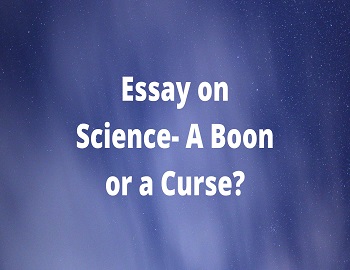
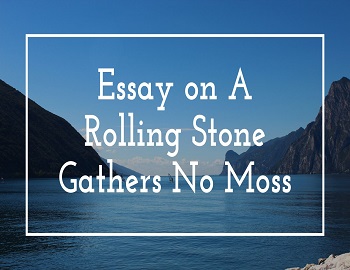
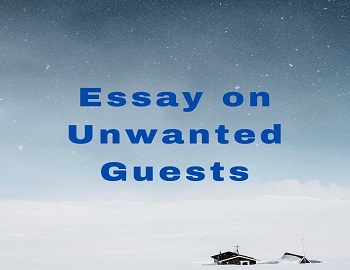
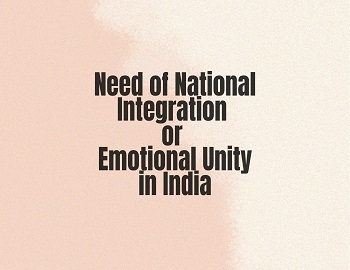
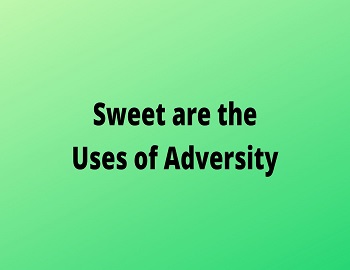
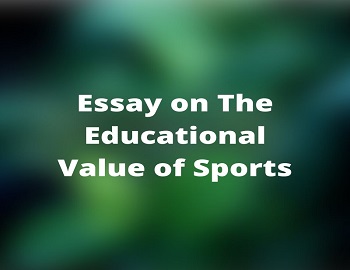

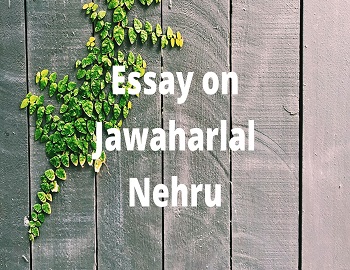
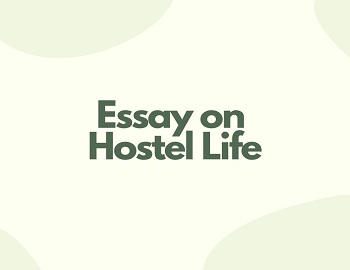
Comments (No)